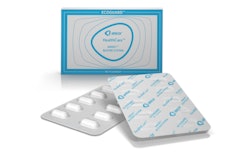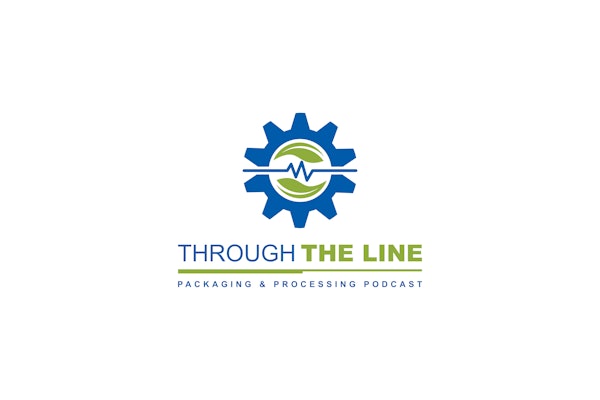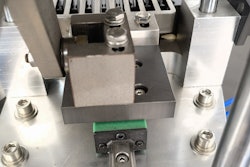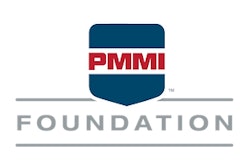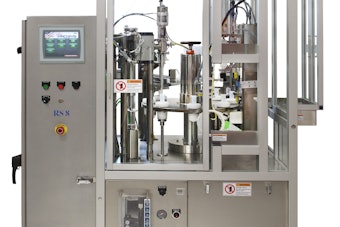A few months ago, we examined some general information about what makes good contracts. This month, we’ll focus more specifically on contracts involving contract packagers and manufacturers. These businesses perform an almost infinite variety of chores for their clients. As a result, while there are some common provisions in all such contracts, it’s darn-near impossible to create an all-purpose, fill-in-the-blanks contract form that can be used in all co-pack/co-man situations. Still, here is some general information.
First thought: A clear and complete written agreement is better than not, but I do recognize that sometimes there isn’t time to get one put together. Just beware that, if there’s no written agreement and a squabble arises, proving exactly what you agreed to can be more difficult.
Second, if you are a new entrant to the food, beverage, cosmetic, drug, or device world, and are thinking of manufacturing the product yourself, I am comfortable offering this advice to pretty much all of you: Do not. There are simply too many regulatory obligations for beginners to comfortably take on quickly. Facilities making, holding or even just re-packing FDA-regulated products have obligations that may include quality systems, preventive controls, Hazard Analysis and Critical Control Points systems and record-keeping, sanitation, facility registration, and others, all of which require some training and expertise. Maybe you could hire the expertise you need and build or fit-out a facility, but my guess is that it’s almost always a lot cheaper to simply hire a factory that is compliant.
Third, while the business considerations relating to pricing, quantities, and delivery dates might get the most attention, a key consideration when putting together a co-pack/co-man agreement is being as clear as possible about who will do what. Which of you—the co-pack/co-man or the client company—will be specifying suppliers or supplies? Which of you pays for them, and when? What happens to leftover supplies? For example, what if the client decides not to order the 100,000 units you’re prepared for, but only orders 5,000, and you’ve bought all the supplies, added personnel, or even bought equipment?
Also, be clear about which of you will assure the products meet your specifications, based on testing or inspections for example. And, what if the co-pack/co-man figures out, once the work begins, that the job takes more labor or time than either of you anticipated? Can the price or the delivery date, or both, get changed?
And, both the factory and the client would do well to get some limits on their indemnification obligations if they can. Sure, you can agree to cover the other folks’ expenses if you make a mistake (backed by insurance, ideally), but for gosh sakes try to get some limits on your liability so you don’t end up, for example, responsible for all the lost value to the other party’s brand that results from your mistake. Those limits can take many forms, but are sometimes keyed to, for example, the limits of insurance coverage, or a specific dollar amount, or by exempting specific types of money damages.
Remember, while a contract with the other party can say they will indemnify you for any regulatory violations that are their fault, that can mean they’ll cover your costs, but that can’t get you out of trouble with FDA. You’ll still be responsible for any regulatory violations of the product you cause to be put into commerce.
What’s more, what if a potentially dangerous product problem is discovered but the client company and factory don’t agree on whether a recall should be conducted? Whichever side of the deal you are on, you’d be well-advised to account for how to handle such things in a written agreement.
If you’re a client of a co-pack/co-man, one important consideration is the degree to which the company you entrust with packaging or making your product has top-notch quality standards, and will maintain quality going forward. Don’t be shy about asking within your agreement for specified standards to be met, and for reporting problems to you if they arise. Also, think about whether you want to visit the factory before and during your products’ runs. These will not be new ideas to reliable co-pack/co-man operations, and are often agreeable.
Fourth, here’s an interesting nuance when food and other FDA-regulated products are involved: Who’s liable if it’s adulterated or misbranded? The short answer is, potentially everyone, including the factory and its client. The FDA’s key law, the Federal Food, Drug and Cosmetic Act, recites a long list of prohibited acts. The law says, for example, that doing, or even merely “causing,” any of these in interstate commerce is prohibited: Introducing an adulterated or misbranded product, adulterating or misbranding it, or receiving it.
Finally, if you have any doubt that everyone in the chain of commerce has potential FDA liability when unlawful FDA-regulated products are sold, see the August Warning Letter FDA sent to Amazon.com, Inc. for its distribution to consumers, via its fulfillment service, of unapproved new drugs after sale of them on its website. FDA said that was a violation of the prohibition against “introducing or delivering for introduction” of illegal products into interstate commerce. The fact that Amazon did it on behalf of third parties did not matter.
Your contracts can improve with experience, which is to say that mistakes can glean learning: Clients have told me they include many contract provisions like those mentioned above after having neglected to do so in the past.
The author serves as general counsel to the Contract Packaging Association, the leading membership group for companies that co-pack and co-manufacture various types of products, and their suppliers.
Eric Greenberg can be reached at [email protected]. Or visit his firm’s website at www.ericfgreenbergpc.com.
INFORMATIONAL ONLY, NOT LEGAL ADVICE.





